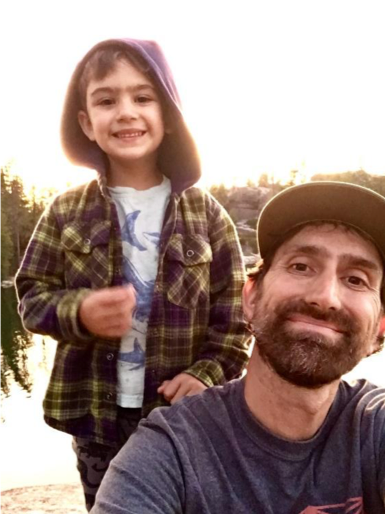Alex Jones
 Alex Jones grew up in East Coast where he was immersed in nature at a young age exploring the forests of New Hampshire and Massachusetts, where he had formative experiences playing with sticks in the mud with ducks. He became a naturalist more explicitly through the teaching of wonderful naturalists like Breck Tyler, Ed Grumbine, Jon Young and passionate peers. Alex currently is the Campus Natural Reserve Manager at UC Santa Cruz and a lecturer who occasionally teaches the Natural History of Santa Cruz Campus and Natural History Practicum. Alex has also assisted with numerous research projects and led countless guided hikes for a variety of disciplines like biology, art, anthropology, and the community.
Alex Jones grew up in East Coast where he was immersed in nature at a young age exploring the forests of New Hampshire and Massachusetts, where he had formative experiences playing with sticks in the mud with ducks. He became a naturalist more explicitly through the teaching of wonderful naturalists like Breck Tyler, Ed Grumbine, Jon Young and passionate peers. Alex currently is the Campus Natural Reserve Manager at UC Santa Cruz and a lecturer who occasionally teaches the Natural History of Santa Cruz Campus and Natural History Practicum. Alex has also assisted with numerous research projects and led countless guided hikes for a variety of disciplines like biology, art, anthropology, and the community.
Alex believes being a naturalist can encompass so many different things, and can mean so many different things to so many different people. A naturalist might be involved in a rigorous pursuit of accuracy within a particular taxonomic classification, with years of field work dedicated to the minutiae of a single species. A naturalist might be a person who wakes up early each morning after a winter storm and heads to the beach to collect wave-cast shells. A naturalist might be a landscaper who pays particular attention to the interactions of pollinators while clipping hedges. A naturalist might be a child who experiments with the right consistency of soil and water to make the perfect kind of mud. The thing that ties them all together would be an impassioned attention to the world around them, and an inquisitive mind that propels them to keep observing and communicating what they find. Something that excites Alex about natural history is seeing more diversity in the groups of people that are participating, which could help improve knowledge beyond western perspectives. He believes a good way to get new people interested in natural history is to show interest in their experiences and listen to their stories. Importantly, naturalists can turn their skills of critical thinking and observation towards supporting social and environmental justice work that addresses issues of poverty, systemic oppression, and other factors that prevent people from engaging with nature in an "exploratory" or "educational" kind of way.
